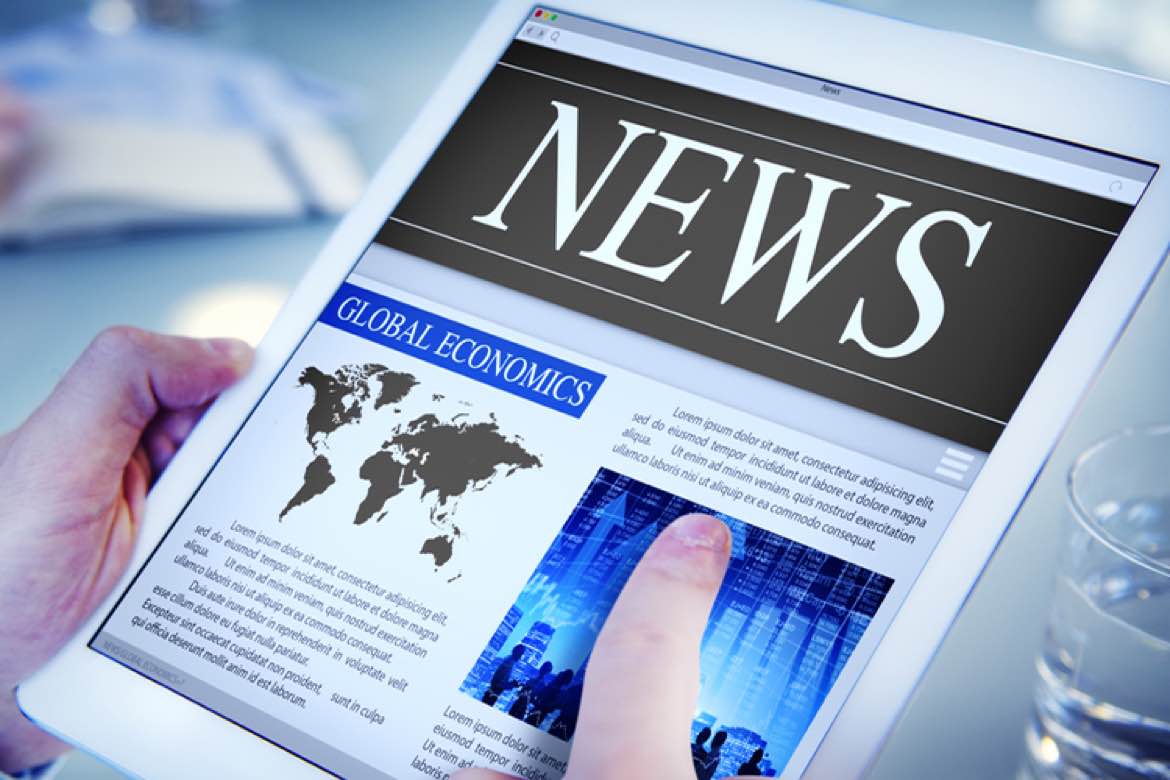China-Russia rail bridge is finally open
The first rail bridge connecting Russia and China is finally up running. Plans for the Nizhneleninskoye-Tongjiang Bridge (the official name of the bridge) was first touted in 2008, only for construction to start in 2016 and the final completion of the project was in the summer of 2021. The total cost of this project is said to estimate 9 billion rubles ($150 million). Although, construction of the bridge was completed in 2021, the planned inauguration was delayed due to the flooding of the Amur River.
For a large part of Russia’s history, due to its size the eastern part of Russia has been virtually untouched and underdeveloped. This largely has to do with Russia’s biggest population centers being in the west, as culturally Russia shares closer ties with Europe. On the other hand, China is rapidly becoming Russia’s biggest trade partner and this infrastructure project will see Russia tap in the Asia Pacific markets.
According to the Russian Ministry for the Development of the Russian Far East and the Arctic, the bridge will cut the distance covered by products from Far East enterprises to consumers in China and Southeast Asia by 700 kilometers. The bridge is expected to have an annual maximum capacity of 5.2 million tons.
Read more here
Rwanda’s ambitious electric vehicle push faces setbacks
Rwanda’s president Paul Kagame aims to transform the economy of his country, one of Africa’s most promising economies. A major part of this plan is to cut greenhouse emissions and reduce dependence on imported fossil fuels, which makes up 40% of the country’s foreign exchange expenditure. To alleviate the importance of fossil fuels the government has launched a range of incentives to encourage electric vehicles.
Electric cars, their spare parts, batteries and charging station equipment have been exempted from VAT. This meant they were to be a viable option for the general population to purchase and be able to compete with petrol run cars, on pricing. Volkswagen was one of the first beneficiaries of the government strategy. They launched their e-Golf model in Rwanda in 2019. The pilot project started with four units and two charging stations in the capital Kigali.
Plans were in place to expand the service to 50 cars and 15 charging stations, as part of its cab-hailing app called Move. However, three years on, 20 of the cars are on the road and they have been removed from Move, the ride-hailing service. The head of operations for Volkswagen Rwanda, Allan Kweli stated the reason for the setbacks were due to, ‘The unevenness in road infrastructure and the height of speed-bumps turned out to be too challenging for the e-Golf, which has a relatively low ground clearance.’
Click here to read more
What the protests occurring at iPhone factory in China means for Apple
From including Apples response to the Chinese government placing restrictive covid 19 regulation on Foxconn‘s iPhone facility in Zhengzhou, in our previous Weekly Wrap-Up segment. There have been protests by hundreds of workers at the iPhone plant that unfortunately turned violent with reports of men smashing surveillance cameras and windows. This is a result of China’s harsh Covid rules as well as poor handling of the situation by Foxconn.
Since October 13th, 200,000 Foxconn workers have been operating under a heavy restriction where employees work and live full-time on-site to maintain production and avoid spreading COVID. Under these unique conditions the production and Apples overall supply chain has been hit significantly, with estimates stating the number of iPhone 14 units available to sell has been cut by 5% this has created a shortage heading into the holiday season.
Apple has yet to make an official statement on the issue, but for all parties involved this situation has raised concerns for the labor and treatment of workers. Apple outsourced the manufacturing of the iPhone 14 to Foxconn, so they aren’t liable for the faults of Foxconn. However, the brand of the iPhone and Apple is strongly linked and any bad publicity for Foxconn will simultaneously affect Apple.
Interested? Read more here

